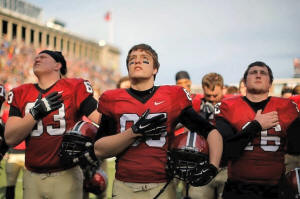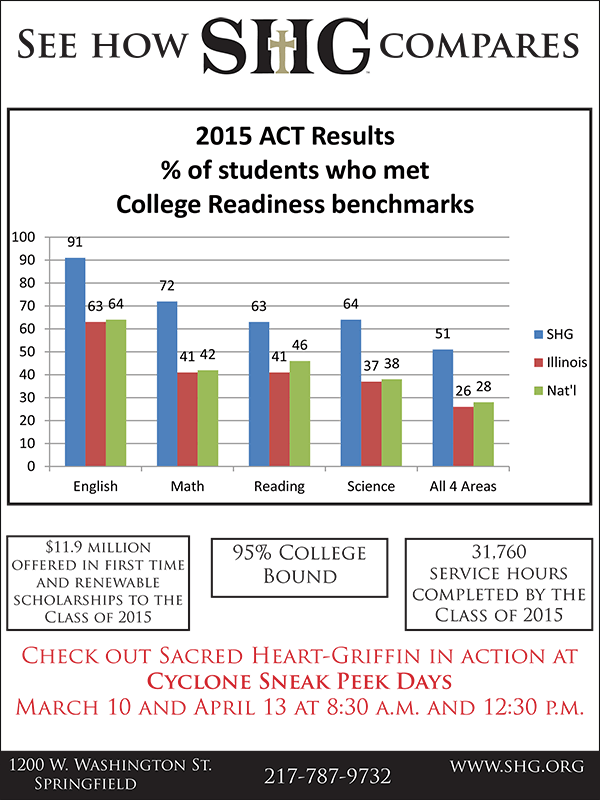|
Top football coaches at elite universities including Harvard,
Yale and Princeton, are mulling the move as concerns grow that
head injuries can take a severe toll on players' mental acuity
as they age.
"This is something that has only been discussed and is not
approved in any way," said Scottie Rodgers, a spokesman for the
eight-school conference, which also includes Columbia, Brown,
Cornell, Dartmouth and the University of Pennsylvania.
He noted that rule changes in the league are formally put
forward by school athletics directors at annual meetings that
take place in May and submitted for final approval in June.
The league's coaches agreed to the move in a vote last week, the
New York Times reported earlier on Tuesday.
Research has increasingly linked the head injuries that are
commonly experienced in football, hockey and other contact
sports with chronic traumatic encephalopathy, a condition that
causes lesions on the brain and can lead to aggression and
dementia later in life.
There are currently no tests to diagnose CTE in a living
patient, but Boston University researchers have found evidence
of the condition in the brains of 90 of 94 former National
Football League players it has studied since 2008.
One leader of the effort to limit college players' concussion
risks is Dartmouth College's head football coach, Buddy Teevens,
who last season introduced a robot tackling dummy developed by
engineering students at the Hanover, New Hampshire, school.
The motorized dummy, called the "Mobile Virtual Player" is the
approximate size and weight of a college football player, and
allowed Dartmouth's players to practice full-speed hits while
limiting the risk of injury.
Some 5,000 former players have sued the NFL, claiming it hid the
dangers of repeated head trauma, and agreed to a settlement that
could cost the league $1 billion. The settlement is under
appeal.
Research on CTE has already prompted the NFL to ban the most
dangerous helmet-to-helmet hits and require teams to keep
players who have taken hits to the head off the field if they
show symptoms including dizziness or memory gaps.
(Reporting by Scott Malone; Editing by Lisa Shumaker)
[© 2016 Thomson Reuters. All rights
reserved.] Copyright 2016 Reuters. All rights reserved. This material may not be published,
broadcast, rewritten or redistributed. |
|






